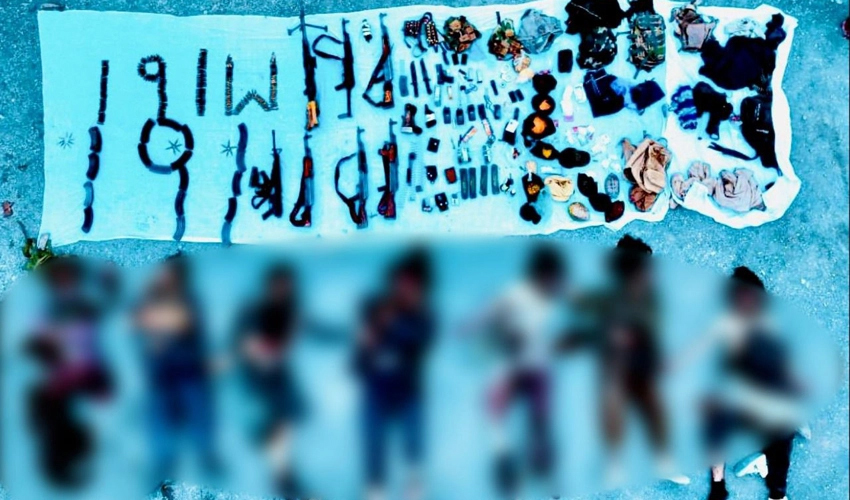Security forces thwart infiltration bid, neutralize seven terrorists
Huge cache of weapons, ammunition and explosives also recovered from killed terrorists
Huge cache of weapons, ammunition and explosives also recovered from killed terrorists
Chery’s decision to lower price of Tigo 8 Pro comes amidst a competitive landscape in the Pakistani automobile sector
Women questions this discriminatory policy
Timing of her latest business venture has fueled debate and drawn scrutiny from observers,
Speculation was sparked by emergence of new photographs featuring couple
With Chat Filters, users can now effortlessly sift through their chats
Impact of this crisis will be felt most acutely by world's most vulnerable populations
Delhi's beloved YouTube sensation mourned globally
Rishabh Pant bags player of match award
Huge cache of weapons, ammunition and explosives also recovered from killed terrorists
Find perfect wearable for your lifestyle
Meteorological department of UAE has predicted that the rain will continue today
Gwadar, Kech, Awaran, Chagai, and Kharan are expected to have thunderstorms
Both side agreed on the rolling of the Country Framework Plan for ten years.
The airport is working hard with its response teams and service partners to restore normal operations
Chery’s decision to lower price of Tigo 8 Pro comes amidst a competitive landscape in the Pakistani automobile sector
Batting department gets stronger with presence of Usman, Shadab and Imad
Timing of her latest business venture has fueled debate and drawn scrutiny from observers,
With Chat Filters, users can now effortlessly sift through their chats
Women questions this discriminatory policy
Study discovers that sound coming from a disturbed plant could be heard over a meter away
Economic ups and downs can be managed through 'Charter of Economy'

